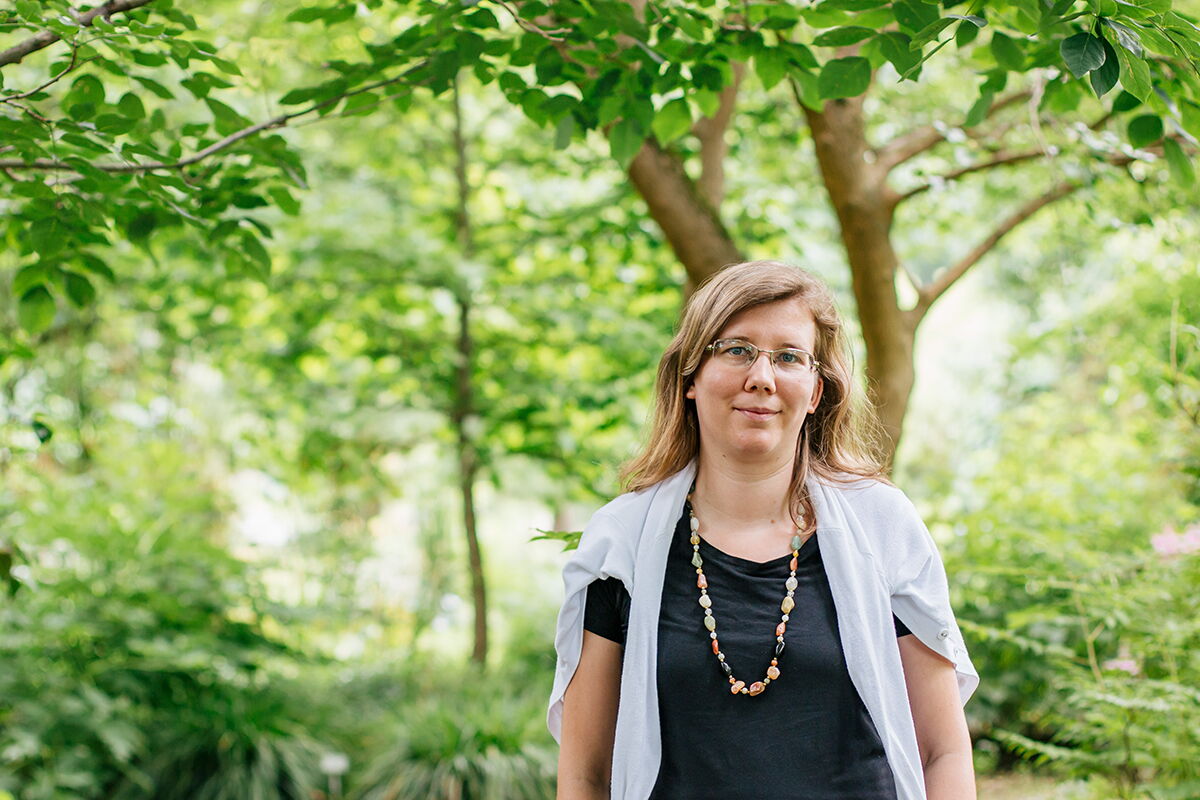A Look at the Eucor Focus Area ‘Sustainability’

The goal of the four focus areas of Eucor – The European Campus is for its member universities to cooperate more closely in these areas in order to draw on shared strengths and pool expertise. One of its four areas is ‘Sustainability’.
As a title for a Eucor Focus Area, ‘Sustainability’ is ambitious. With a wide-ranging scope, it aims to encourage interdisciplinary and multidisciplinary cooperation on sustainable development between Eucor universities. “The Eucor Focus Area’s concept of sustainability is based on the United Nations’ 2030 Agenda for Sustainable Development,” says Sofia Ganter. Ms Ganter is the contact for the Eucor Focus Area and works in the strategy department at the University of Freiburg where it is coordinated. “It’s about more than shared research activities into ecological aspects. The objectives of the 2030 Agenda target ecological, social and economic issues.”
As well as the traditional areas of activity of universities – research, teaching and transfer – Sofia Ganter has also studied the areas of infrastructure, governance and civic engagement for their potential for cross-border cooperation. “Sustainability differs from the other Eucor Focus Areas, in particular with regard to engagement. We have broad student movements that are dealing with this future-oriented topic, so it gives rise to the question of networking and how we can incorporate them in existing and future formats.”
The basis for establishing the focus areas in the Eucor strategy plan for 2019-2023 was an analysis of potential and locations. This clearly showed that sustainability is a key theme at all five Eucor member universities, with numerous research cooperation projects already that make up the ‘Upper Rhine Cluster for Sustainability Research’. These look for instance at regional energy supplies (RES-TMO), sustainable mobility (SuMo-Rhine) or biocidal depositions in ground water (NAVEBGO).
Since the end of 2020 Sofia Ganter has worked on the Eucor Focus Area. In the first phase she focused on analysis; now the real networking begins. The focus area has already been introduced to a wider public at the Freiburg Science Market, as a way of fulfilling the ‘transfer’ responsibilities. For ‘teaching’, Sofia Ganter and colleagues from other Eucor universities are planning to pilot a sustainability certificate which students can achieve while taking a degree if they tackle issues in relation to sustainable development that are not part of their actual studies. “In order to initiate more research cooperations, we’re planning an Exploratory Workshop in November to bring together interested researchers from all member universities. We’ve seen that the extensive regional and urban research at Eucor universities isn’t sufficiently joined up yet, and so we’ve chosen the working title ‘Transformative Cities’ for our workshop,” she explains. Other ideas include a Science Slam on the theme, and forming a Sustainability Forum to act as a committee or work group drawing from various Eucor universities and helping to shape their approach to sustainability.
Sofia Ganter is looking forward to the upcoming work, “I don’t just want to write concepts and do research, even if it is exciting. I want to do something. There are so many highly-motivated people dealing with this subject in the Eucor region and we can learn a lot from each other and create added value.”